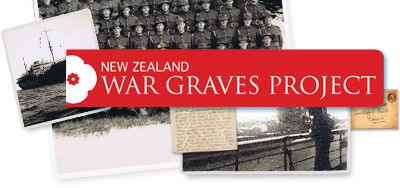KAIRANGA TRAGEDY.
RETURNED SOLDIER COMMITS SUICIDE.
“A tragedy occurred at Kairanga yesterday morning, when a well-known resident, Arthur Best, aged 35, son of the late Mr Joseph Best, committed suicide by shooting himself in the head with a shotgun. Since his father’s death he had made his home with Mr Harold Best, a brother. He had lately been looking for a farm and bad been away during the last ten days, returning home at 7 o’clock yesterday morning. He told his relatives that he had paid a deposit on a farm at Ashhurst and discussed the subject with his brother Harold. Everything seemed to be satisfactory and deceased had no financial worries and appeared to be in his usual health and spirits. About 9 o’clock he went to his bedroom and shortly afterwards a report was heard. His sister hastened to the room and found him lying on the floor dead with a double-barrelled gun at his feet. Dr Bett and the police were summoned and an examination was made. Deceased had apparently presented the muzzle of the gun to his left eye; his brains were blown out. Best went to the war as a member of the 5th Reinforcements and was severely wounded in the head and body during the big engagement at Suvla Bay, Gallipoli. He had been suffering from the effects of his wounds with more or less severity for a considerable time. An attack of pneumonia a few weeks ago greatly weakened his constitution. Before the war he was a man of remarkable physique and there were few better footballers in this district in his time. He was also a popular member of the Druids’ Lodge. The tragedy is rendered even more sad by the fact that deceased intended to be married shortly. The funeral will take place to-day and members of the Druids’ Lodge are invited to assemble at the Oddfellows’ Hall, Cuba Street, for the purpose of attending. An inquest will be opened and adjourned this morning. “ [Manawatu Times, Volume XLIII, Issue 1666, 20 October 1920, Page 4]
Arthur Best was added to the rolls of honour in 2014 as it was accepted that he suffered from severe mental illness owing to his original head wound from Gallipoli [wounded 8 August 1915]. Evidence strongly suggested that his suicide was attributable to his war service.


